In today’s digital era, “ChatGPT use cases” are expanding rapidly, revolutionizing various industries with its advanced AI capabilities. From automating customer support to generating engaging content, ChatGPT offers a plethora of applications that enhance efficiency and productivity. This blog post explores the top use cases of ChatGPT, guiding you through its benefits, implementation strategies, and future potential. Whether you’re a business looking to streamline operations or an individual seeking to leverage AI for personal projects, understanding the versatile applications of ChatGPT can open up new avenues for innovation and growth.
Table of Contents
What is ChatGPT?
ChatGPT is an advanced language model developed by OpenAI, designed to understand and generate human-like text based on the input it receives. It is built on the GPT (Generative Pre-trained Transformer) architecture, which leverages deep learning techniques to process and generate natural language. The latest version, GPT-4, has significantly improved capabilities, making it one of the most powerful AI tools available today.
ChatGPT works by predicting the next word in a sentence, which allows it to generate coherent and contextually appropriate responses. This predictive capability is the result of extensive training on diverse datasets, enabling it to handle a wide range of topics and conversational styles.
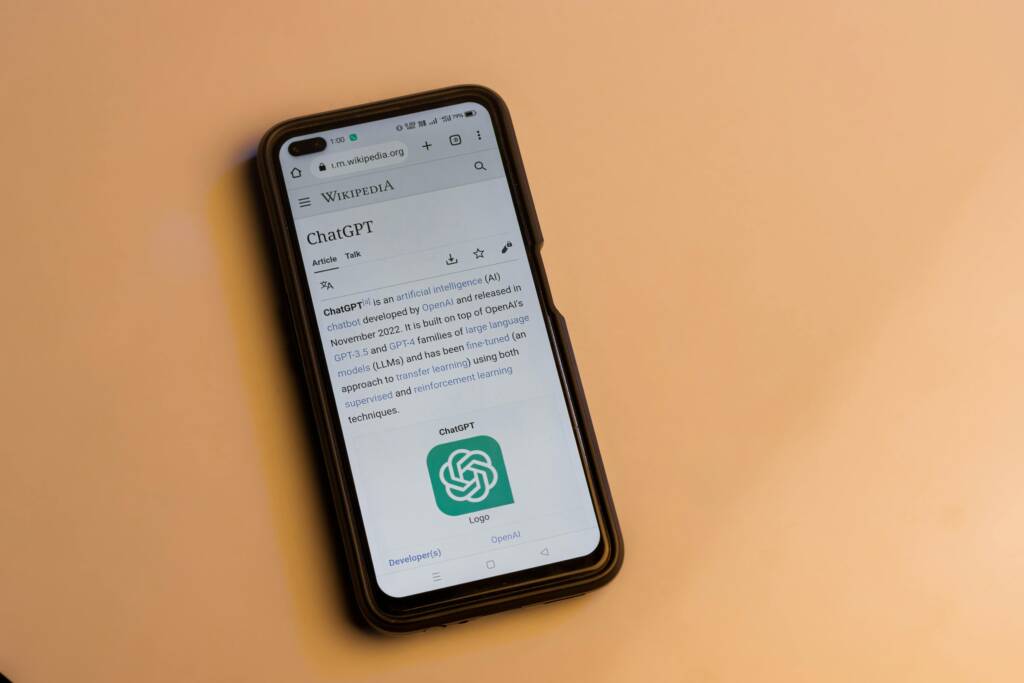
Key Features and Capabilities
- Natural Language Understanding: ChatGPT can comprehend and interpret complex queries, making it suitable for various applications, from customer support to content creation.
- Versatile Communication: It can generate text for different purposes, including answering questions, writing essays, creating scripts, and more.
- Contextual Awareness: ChatGPT maintains context across conversations, ensuring that responses are relevant and coherent.
- Multilingual Support: It supports multiple languages, making it a valuable tool for global applications.
Development and Evolution
ChatGPT has evolved through several iterations, each improving on the previous version. The initial versions focused on enhancing language understanding and generation capabilities. With each update, OpenAI has refined the model to address limitations, improve accuracy, and expand its functionality. GPT-4, the latest version, represents a significant leap in AI language processing, offering enhanced performance and a broader range of applications.
Importance and Relevance of ChatGPT
In today’s fast-paced digital world, the ability to automate and streamline communication processes is invaluable. ChatGPT provides a robust solution for businesses and individuals looking to enhance efficiency and productivity. Whether it’s automating customer service, generating content, or providing personalized education, ChatGPT’s versatility makes it an essential tool in the modern AI landscape.
Why Use ChatGPT?
ChatGPT, as one of the leading AI language models, offers numerous benefits across various applications. Its versatility, efficiency, and advanced capabilities make it an indispensable tool for businesses and individuals alike. Here’s why you should consider using ChatGPT.
Benefits of Using ChatGPT
- Enhanced Customer Support
- Automated Responses: ChatGPT can handle routine customer inquiries efficiently, providing instant responses and freeing up human agents for more complex issues.
- 24/7 Availability: It ensures continuous support without the need for human intervention, enhancing customer satisfaction.
- Efficient Content Creation
- Blogging and Article Writing: ChatGPT can generate high-quality content quickly, making it an invaluable resource for bloggers, journalists, and marketers.
- Social Media Content: It can create engaging posts and updates, helping to maintain an active social media presence.
- Improved Business Operations
- Virtual Assistants: ChatGPT can act as a virtual assistant, managing schedules, setting reminders, and handling administrative tasks.
- Data Analysis and Reporting: It can process and analyze large datasets, providing insightful reports that help in decision-making.
- Personalized Education and Training
- Tutoring: ChatGPT offers personalized tutoring sessions, adapting to the learning pace and style of each student.
- Training Simulations: It can create interactive training simulations for employees, enhancing the learning experience.
Comparison with Other AI Tools
ChatGPT stands out from other AI tools due to its superior natural language processing capabilities. While other AI systems may focus on specific tasks, ChatGPT’s versatility allows it to excel in a wide range of applications. Its ability to understand and generate human-like text makes it more effective in handling nuanced and complex interactions.
Real-World Impact and Potential
Businesses across various industries are leveraging ChatGPT to enhance their operations and customer interactions. From automating customer support to generating creative content, the impact of ChatGPT is profound. Its potential extends to healthcare, entertainment, research, and beyond, making it a crucial component in the future of AI technology.
Suggested Image Placements
- Customer Support: An illustration or photo showing a chatbot assisting a customer (under Enhanced Customer Support).
- Content Creation: An image of a person using ChatGPT to write a blog or social media post (under Efficient Content Creation).
- Business Operations: A graphic depicting a virtual assistant scheduling tasks or analyzing data (under Improved Business Operations).
- Education and Training: An illustration of a virtual tutoring session or training simulation (under Personalized Education and Training).
- Comparison Chart: A comparison chart highlighting the differences between ChatGPT and other AI tools (under Comparison with Other AI Tools).
Top ChatGPT Use Cases
ChatGPT’s versatility and advanced capabilities make it suitable for a wide range of applications. Here are some of the top use cases for ChatGPT that showcase its potential and utility across various domains.
Customer Support
- Automated Responses
- ChatGPT can handle common customer queries efficiently, providing instant answers to frequently asked questions, and ensuring quick resolution.
- 24/7 Availability
- By operating round the clock, ChatGPT ensures that customers receive support at any time, enhancing their experience and satisfaction.
- Handling Complex Queries
- For more complex issues, ChatGPT can assist human agents by providing relevant information and suggestions, improving the overall efficiency of the support team.
Content Creation
- Blogging and Article Writing
- ChatGPT can generate high-quality blog posts and articles, helping content creators save time and maintain a consistent output.
- Social Media Content
- It can craft engaging social media posts and updates, enabling businesses to maintain an active and appealing online presence.
- Scriptwriting
- For video creators and marketers, ChatGPT can assist in writing scripts for various purposes, from promotional videos to educational content.
Education and Training
- Personalized Tutoring
- ChatGPT offers customized tutoring sessions, adapting to the learner’s pace and style, and providing detailed explanations and feedback.
- Interactive Learning Experiences
- It can create interactive and engaging learning modules, enhancing the educational experience for students of all ages.
- Training Simulations
- For corporate training, ChatGPT can simulate real-world scenarios, helping employees practice and improve their skills in a controlled environment.
Business Operations
- Virtual Assistants
- ChatGPT can act as a virtual assistant, managing schedules, sending reminders, and handling routine administrative tasks, freeing up time for more strategic activities.
- Scheduling and Reminders
- It helps in organizing meetings and setting up reminders, ensuring that important tasks and appointments are not missed.
- Data Analysis and Reporting
- ChatGPT can analyze large datasets, generating insightful reports that aid in decision-making and strategic planning.
Healthcare
- Preliminary Diagnosis and Advice
- ChatGPT can provide initial medical advice based on symptoms, helping patients understand their conditions and decide on the next steps.
- Patient Engagement
- It can engage with patients through regular follow-ups and reminders for medication and appointments, improving adherence to treatment plans.
- Medical Record Management
- ChatGPT assists in organizing and retrieving medical records, ensuring that healthcare providers have easy access to patient information.
Entertainment
- Interactive Storytelling
- ChatGPT can create immersive storytelling experiences, engaging users with dynamic and interactive narratives.
- Game Character Development
- It helps in designing and scripting game characters, enhancing the depth and richness of the gaming experience.
- Personalized Entertainment Recommendations
- By analyzing user preferences, ChatGPT can recommend movies, books, and other forms of entertainment tailored to individual tastes.
Research and Development
- Data Gathering and Synthesis
- ChatGPT can assist researchers in gathering information from various sources, synthesizing data, and providing summaries.
- Hypothesis Generation
- It helps in generating hypotheses and exploring potential research directions, accelerating the research process.
- Collaborative Research Assistance
- ChatGPT can facilitate collaboration among researchers by organizing information and suggesting relevant resources.
How to Implement ChatGPT in Your Workflow
Integrating ChatGPT into your workflow can significantly enhance productivity and efficiency. Here’s a guide on how to implement ChatGPT effectively in various aspects of your operations.
Integration with Existing Tools
- Identify Key Areas
- Determine which areas of your business can benefit the most from ChatGPT. Common areas include customer support, content creation, and administrative tasks.
- Choose the Right Platform
- Utilize platforms like make.com to integrate ChatGPT with your existing tools and applications seamlessly. Make.com offers robust automation capabilities, making it easier to connect ChatGPT with other systems.
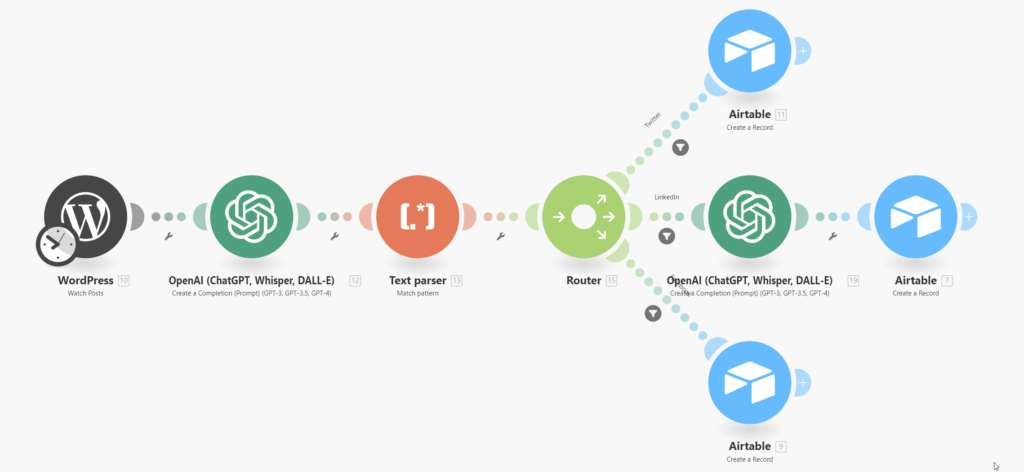
- API Integration
Customization and Training
- Tailor Responses
- Customize ChatGPT’s responses to align with your brand voice and tone. This ensures consistency in communication and enhances user experience.
- Train on Specific Data
- Feed ChatGPT with relevant data and context-specific information to improve its performance. This helps in generating more accurate and contextually appropriate responses.
- Regular Updates
- Continuously update the training data to reflect new trends, customer preferences, and business changes. This keeps ChatGPT’s responses relevant and up-to-date
Best Practices and Tips for Effective Use
- Start Small
- Begin with a pilot project in a specific department to test ChatGPT’s effectiveness. Gradually expand its use based on the results and feedback.
- Monitor Performance
- Regularly monitor ChatGPT’s interactions and gather feedback from users to identify areas for improvement. Use this data to refine its responses and functionality.
- Maintain Human Oversight
- Ensure that human oversight is in place to handle complex queries and make final decisions. ChatGPT should complement human efforts, not replace them entirely.
- Leverage Automation
- Use automation platforms like make.com to streamline workflows and automate repetitive tasks. This integration can enhance overall efficiency and reduce manual efforts.
Example Use Cases
- Customer Support
- Integrate ChatGPT into your customer service platform to handle FAQs and routine inquiries. This allows human agents to focus on more complex issues.
- Content Creation
- Use ChatGPT to generate drafts for blog posts, social media updates, and marketing materials. This speeds up the content creation process and ensures a consistent output.
- Administrative Tasks
- Implement ChatGPT as a virtual assistant to manage schedules, set reminders, and handle routine communications. This frees up time for more strategic activities.
Challenges and Considerations
While ChatGPT offers numerous benefits and can greatly enhance various workflows, it is important to be aware of the challenges and considerations that come with its implementation. Understanding these aspects will help you make informed decisions and optimize the use of ChatGPT in your operations.
Ethical Concerns
- Bias in Responses
- Challenge: ChatGPT may inadvertently produce biased or inappropriate responses based on the data it has been trained on.
- Consideration: Regularly review and audit ChatGPT’s outputs to ensure they are fair and unbiased. Training the model with diverse and representative data can help mitigate this issue.
- Misuse and Misinformation
- Challenge: There is a risk of ChatGPT being used to generate misleading or harmful information.
- Consideration: Implement strict usage guidelines and monitor the content generated by ChatGPT to prevent misuse. Educating users about responsible AI use is also crucial.
Data Privacy and Security
- Handling Sensitive Information
- Challenge: ChatGPT may interact with sensitive or personal information, raising privacy concerns.
- Consideration: Ensure that data privacy measures are in place, such as encryption and secure data storage. Limiting the amount of sensitive information processed by ChatGPT can also reduce risks.
- Compliance with Regulations
- Challenge: Adhering to data protection regulations like GDPR can be complex when using AI tools.
- Consideration: Stay updated with relevant data protection laws and ensure that ChatGPT’s implementation complies with these regulations. Regular audits and compliance checks are essential.
Potential Limitations
- Context Understanding
- Challenge: ChatGPT might struggle with understanding nuanced context or specific industry jargon.
- Consideration: Continuously train ChatGPT with domain-specific data to improve its understanding and relevance. Pairing ChatGPT with human oversight can also help address this limitation.
- Scalability Issues
- Challenge: Scaling ChatGPT for large organizations with diverse needs can be challenging.
- Consideration: Implement scalable infrastructure and use platforms like make.com to manage and automate ChatGPT’s integration across various departments effectively.
Addressing User Concerns
- Transparency
- Challenge: Users may be skeptical about interacting with an AI and concerned about how their data is used.
- Consideration: Maintain transparency about how ChatGPT works and how data is processed. Providing clear and concise information can build trust and confidence among users.
- Training and Adaptation
- Challenge: Users may need time to adapt to using ChatGPT effectively in their workflows.
- Consideration: Offer comprehensive training and support to help users understand and leverage ChatGPT’s capabilities. Providing resources and ongoing assistance can facilitate a smoother transition.
Future-Proofing
- Keeping Up with Technological Advances
- Challenge: AI technology evolves rapidly, and keeping up with the latest advancements can be difficult.
- Consideration: Stay informed about new developments in AI and regularly update your systems to incorporate the latest features and improvements. Engaging with the AI community and attending relevant conferences can also be beneficial.
Future of ChatGPT
The future of ChatGPT holds immense potential as advancements in AI technology continue to accelerate. As one of the leading AI language models, ChatGPT is set to become even more integral to various industries and applications. Here’s a look at what the future holds for ChatGPT.
Upcoming Advancements and Features
- Improved Natural Language Understanding
- Future iterations of ChatGPT will have enhanced natural language understanding, enabling it to grasp context and nuances even better. This will make its interactions more accurate and human-like.
- Increased Multimodal Capabilities
- ChatGPT will likely expand its capabilities beyond text to include audio, video, and image processing. This will allow it to engage in more dynamic and interactive communications.
- Better Personalization
- Advanced personalization features will enable ChatGPT to tailor responses more effectively based on individual user preferences and past interactions. This will enhance user satisfaction and engagement.
- Enhanced Integration with IoT
- Integration with Internet of Things (IoT) devices will become more seamless, allowing ChatGPT to interact with and control a wide range of smart devices, creating smarter and more connected environments.
Long-Term Potential and Industry Trends
- Widespread Adoption in Healthcare
- ChatGPT’s role in healthcare will expand, providing support in diagnostics, patient monitoring, and personalized medicine. Its ability to analyze vast amounts of medical data quickly will be a game-changer in the healthcare industry.
- Revolutionizing Education
- In education, ChatGPT will provide more personalized learning experiences, adapting to individual learning styles and needs. It will facilitate lifelong learning and make education more accessible.
- Transforming Customer Experience
- Businesses will increasingly use ChatGPT to enhance customer experiences. Its ability to provide instant and accurate responses will set new standards in customer service and engagement.
- Boosting Productivity in Workplaces
- ChatGPT will become a standard tool in workplaces, automating routine tasks, assisting in decision-making, and enhancing collaboration. It will significantly boost productivity and efficiency across various sectors.
Ethical and Responsible AI Development
- Focus on Ethical AI
- As ChatGPT evolves, there will be a strong emphasis on developing ethical AI practices. Ensuring that AI systems are fair, transparent, and unbiased will be a priority.
- Addressing Privacy Concerns
- Enhancements in data privacy and security measures will be crucial. Future versions of ChatGPT will incorporate more robust privacy protections to safeguard user information.
- Sustainability in AI Development
- The environmental impact of AI development will be addressed, with efforts to create more energy-efficient models and promote sustainable AI practices.
The Role of ChatGPT in Innovation
- Driving Research and Development
- ChatGPT will play a significant role in accelerating research and development across various fields. Its ability to analyze and synthesize information will help researchers generate new insights and innovations.
- Facilitating Human-AI Collaboration
- The future will see more collaborative efforts between humans and AI, with ChatGPT serving as a valuable partner in problem-solving and creativity. This collaboration will lead to breakthroughs in technology, science, and the arts.
Conclusion
ChatGPT is revolutionizing the way businesses and individuals interact with technology. Its versatility and advanced capabilities make it an invaluable tool across various domains, from customer support and content creation to healthcare and education. As we’ve explored, the potential use cases of ChatGPT are vast, and its future is filled with exciting advancements that will further enhance its utility and impact.
Implementing ChatGPT in your workflow can significantly improve efficiency, productivity, and user satisfaction. By understanding the challenges and considerations, you can optimize its use while addressing ethical, privacy, and scalability concerns. The future of ChatGPT promises more sophisticated features, better personalization, and wider integration with smart devices and IoT.
For those looking to integrate ChatGPT seamlessly into their operations, platforms like make.com offer powerful automation tools that facilitate easy implementation and customization. Leveraging such platforms ensures that you can maximize the benefits of ChatGPT with minimal hassle.
As AI technology continues to evolve, staying informed and adaptable is crucial. Embrace the advancements in ChatGPT to stay ahead in the competitive landscape and unlock new possibilities for innovation and growth.
Ready to explore the potential of ChatGPT for your business? Start today by integrating this powerful AI tool and experience firsthand the transformation it can bring. Visit make.com to get started on your journey towards smarter and more efficient operations.
By leveraging the capabilities of ChatGPT, you can not only streamline your workflows but also create more engaging and effective interactions, driving success in today’s fast-paced digital world.

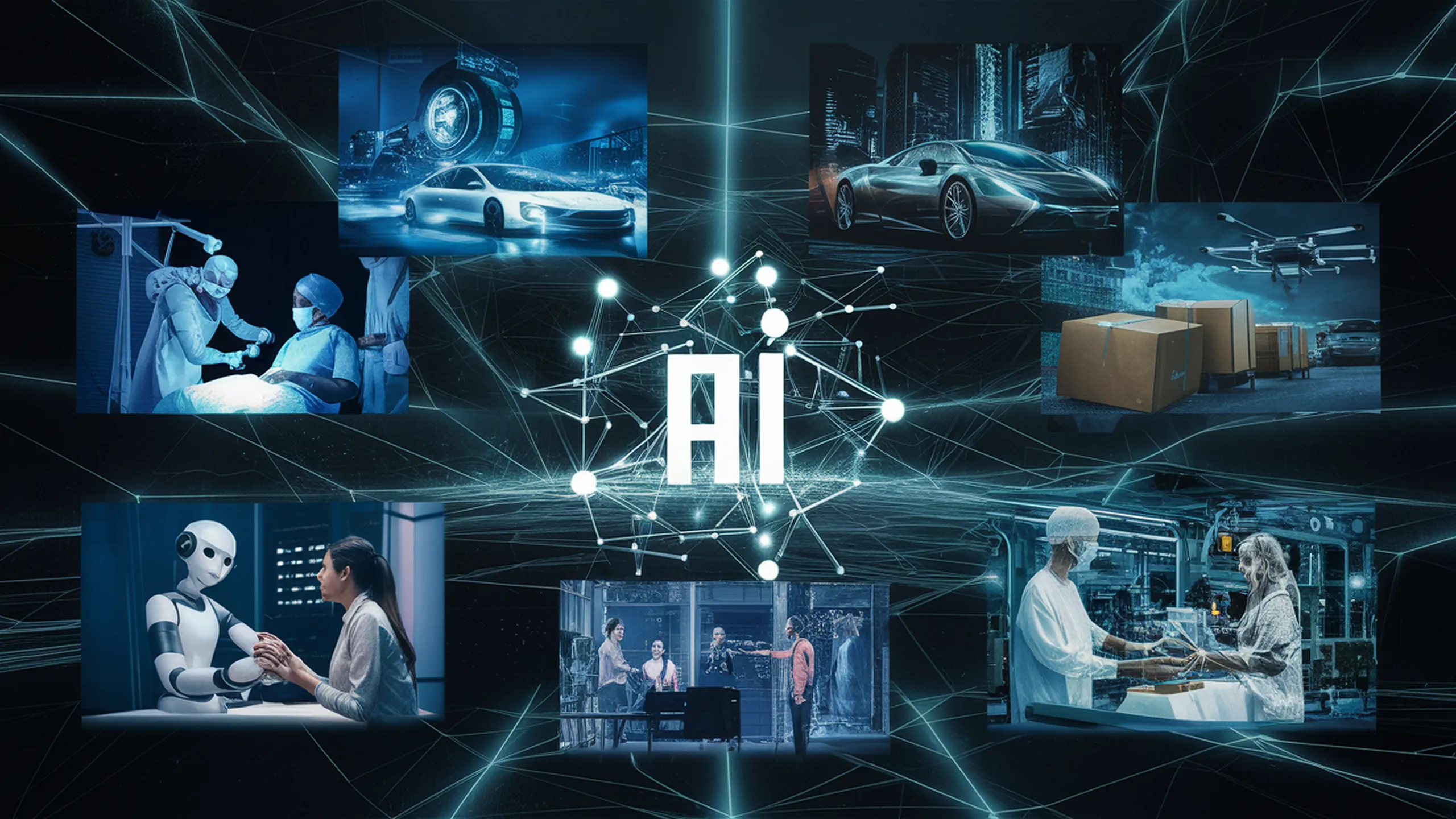

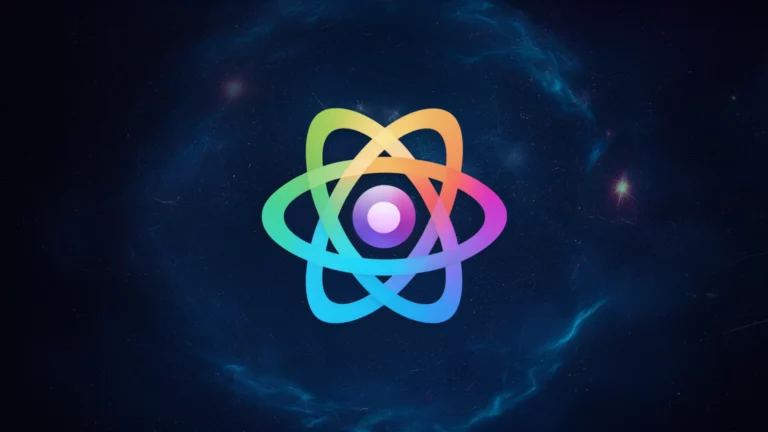



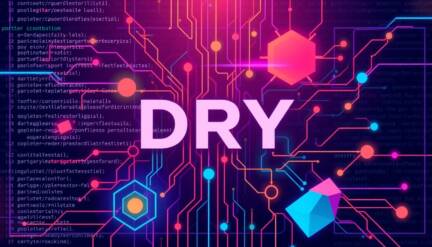

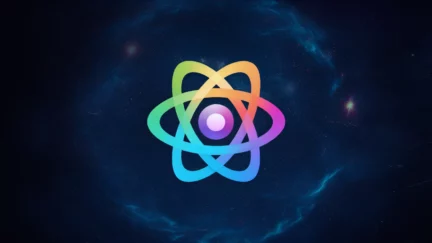
Leave a Comment